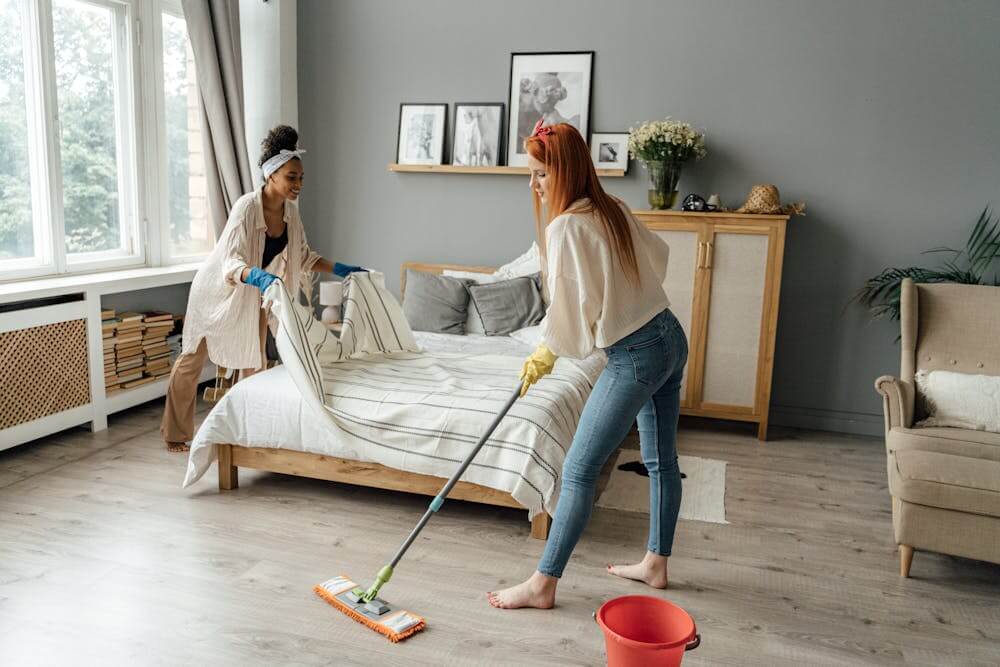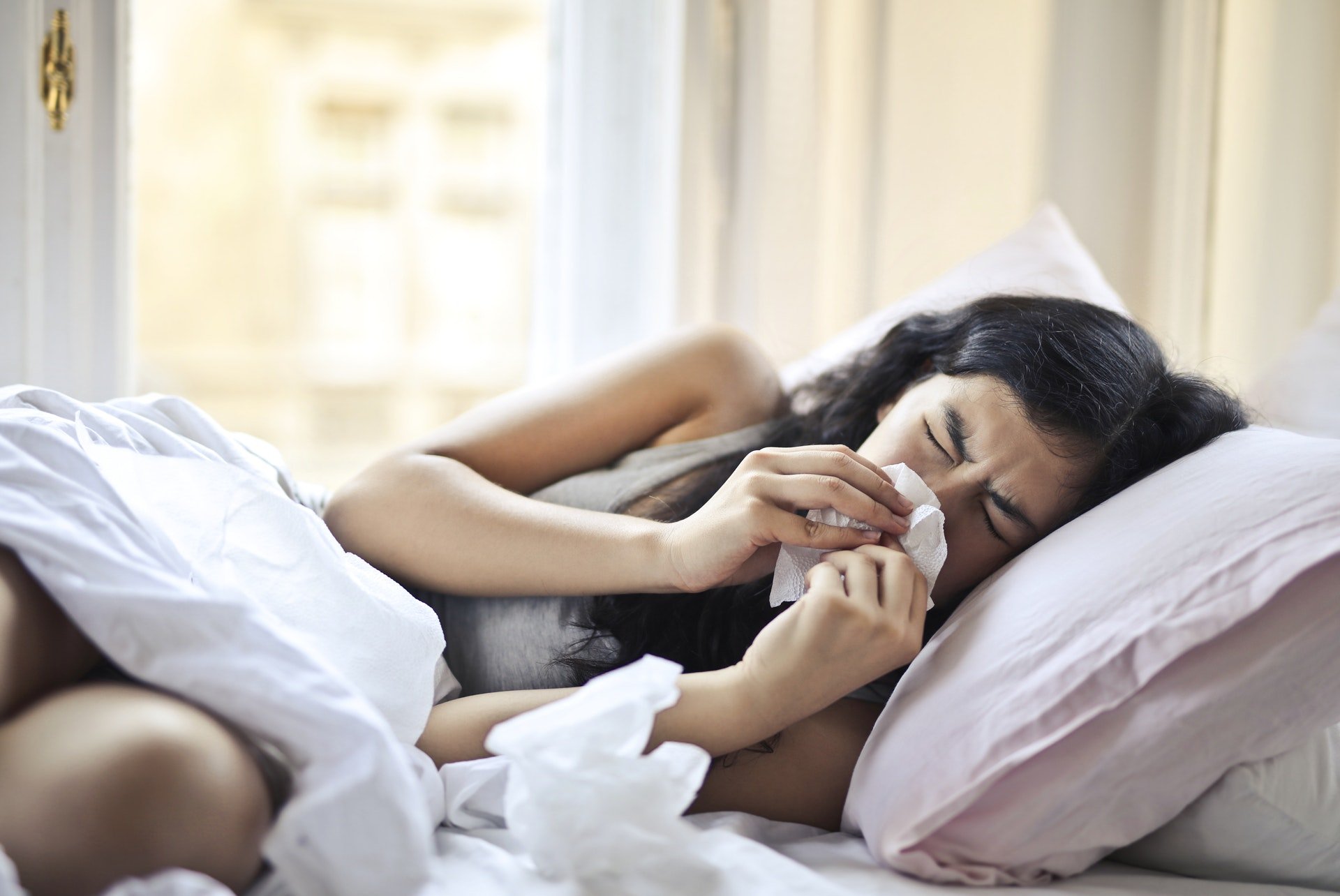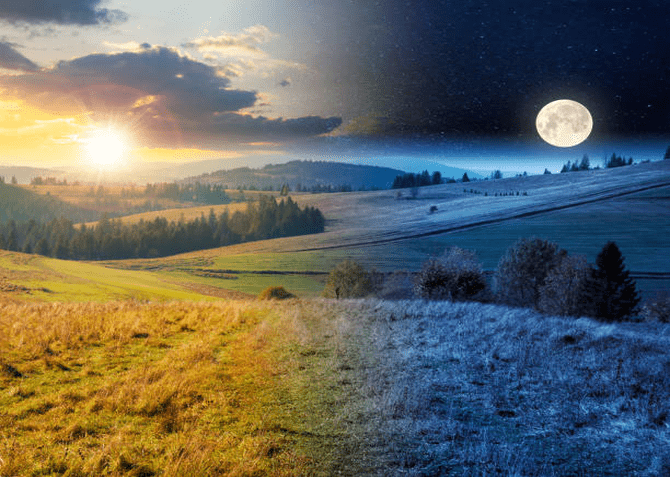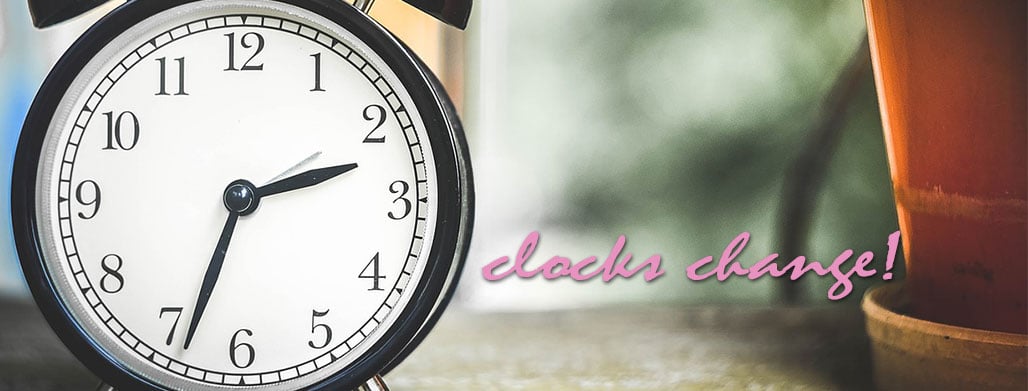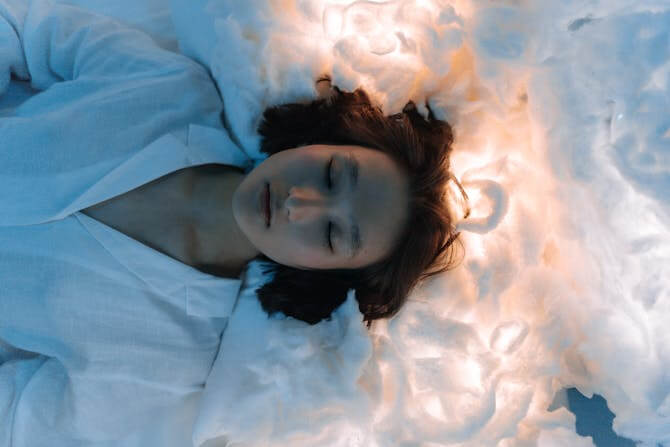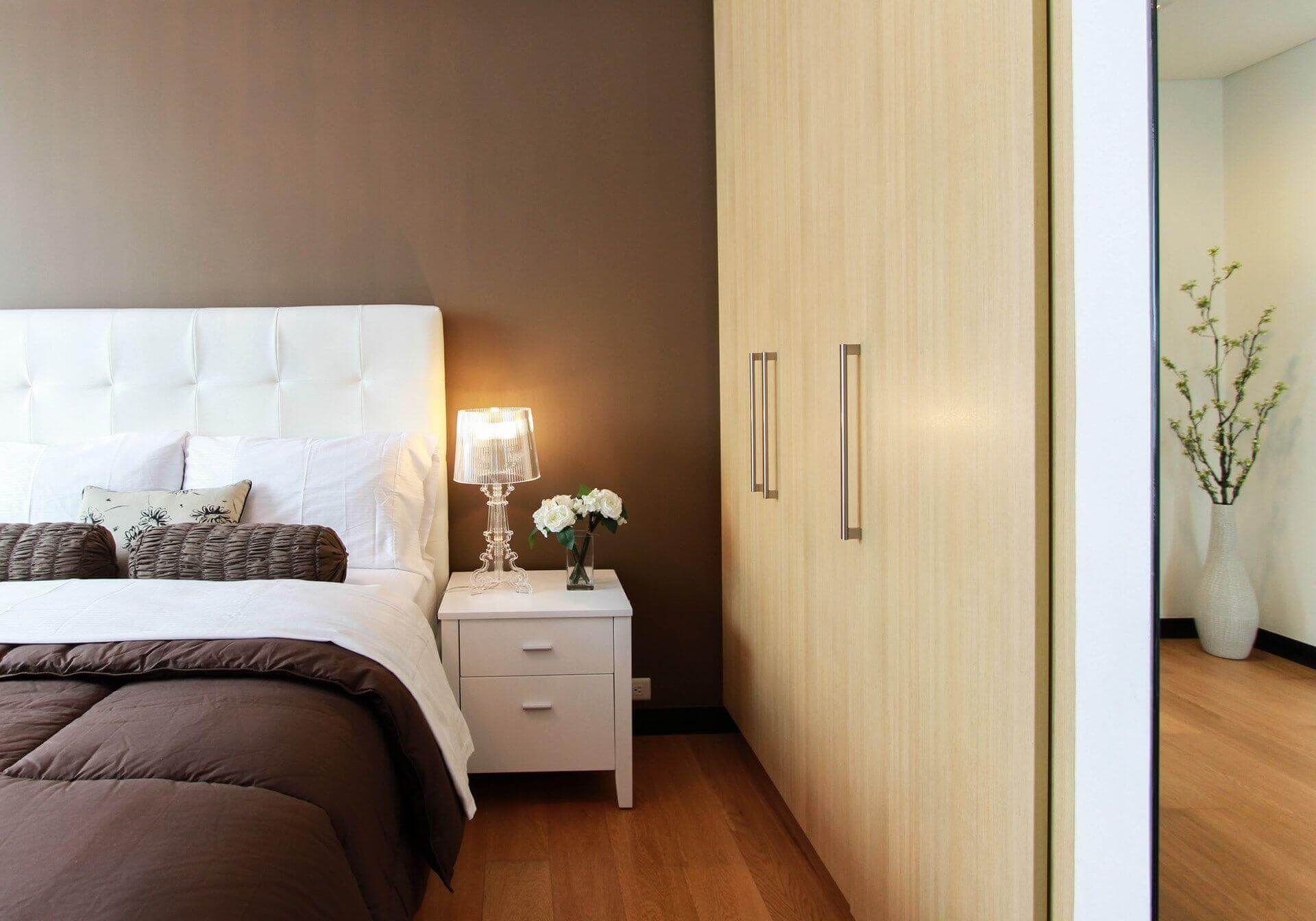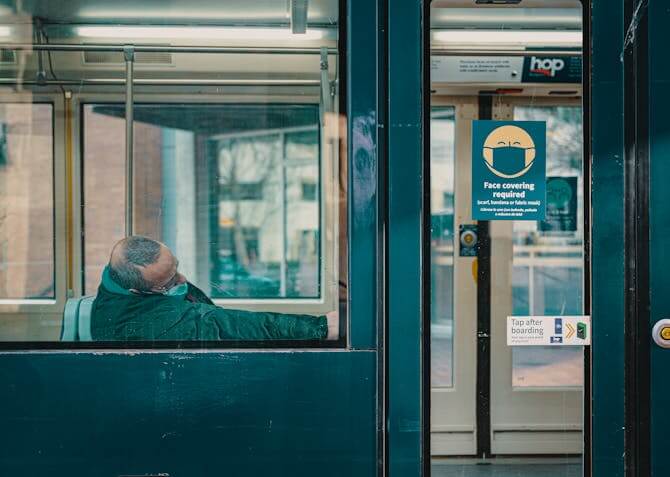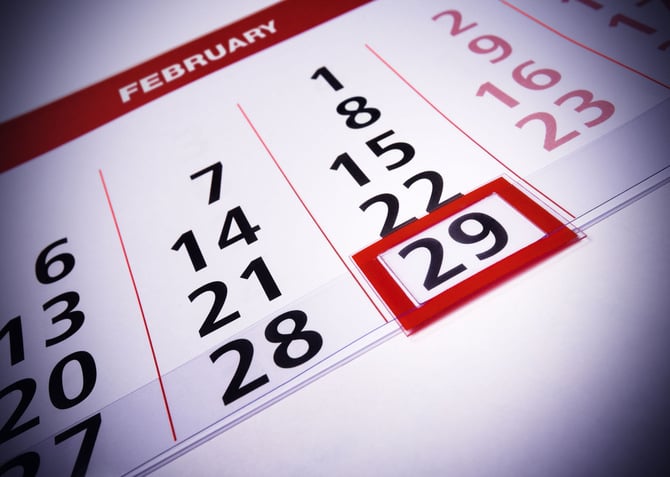The Slumber Club Blog
National Shakespeare Day - 23rd April
National Shakespeare Day on the 23rd of April is considered to be Shakespeare's birthday. What do you think he would say about sleep if he worked for Dormeo?
Can better sleep boost your immune system?
Boosting your immune system with better sleep!
What Are Chronotypes?
Learn about chronotypes: your body's internal clock determining when you're most alert or sleepy.
Clocks Go Forward This Weekend
It's that time of year when the clocks spring forward and rob us of an hour in bed!
Dreams: What, Why and How?
Dreams are odd things. They can seemingly mean a lot or nothing. But why do we dream, and what makes us dream?
Spring Clean: Why you should tidy your room for better rest
It's time to get ready for spring with a big clean! How will it help you sleep? Find out here.
What Mum Really Wants for Mother’s Day
What do mother's want on their special day? Read here and get some brownie points!
National Sleep in Public Day - 28th February
National Sleep in Public Day celebrates embracing rest anytime, anywhere. Could you do it?
How Are You Spending Your Extra Day This Leap Year?
Leap year grants us an extra day to seize opportunities, chase dreams, or simply cherish moments. How will you make the most of yours?





